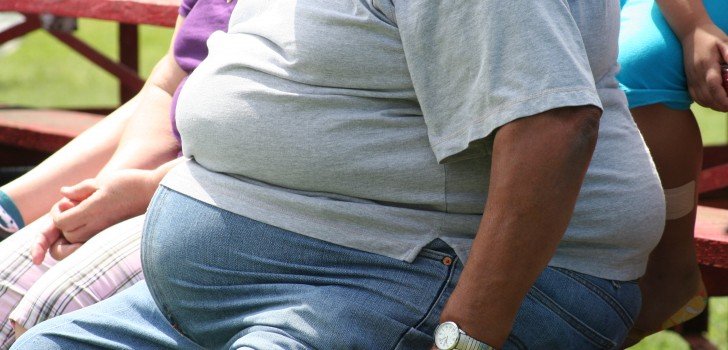Potato chip loving kids are the ones most likely to have weight problems, according to a new study released by researchers at Duke National University of Singapore.
The researchers recorded the diets and body mass index (BMI) of nearly 4,500 children, tracking what they ate and what happened to their bodies over a three year period. They say what they found is “convincing evidence that certain foods might be causing disproportionate harm.”
“We found potato chips to be one of the most obesity-promoting foods for youth to consume,” the researchers write. “Potato chips are very high in energy density and have a low satiety index, yet they are commonly consumed as snacks.”
Fried chicken and fish, french fries, fatty spreads like butter, and processed meats also performed badly, as did just about everything with added sugar. Refined grains such as bleached flour, which is found in most processed foods, were prime ingredients in obesity, as were foods cooked in oil, whether sautéed, fried, or even roasted.
The study’s lead author, Eric Finkelstein, says there is also a nuance to the foods that appear to make kids put on weight. They pack calories, but don’t fill anyone up. He says, on the other hand, “Just because a food has more calories doesn’t mean it results in more weight gain.”
“There are foods, like potatoes, which aren’t inherently bad for you because they fill you up,” he says, “But when you turn them into french fries and potato chips, they tend to result in weight gain.”
Finkelstein adds that calories from liquids are particularly troublesome, because they are less satiating than those derived from solid food. “Sodas and other sugary drinks are doubly harmful”, he says.
The researchers say that because of the popularity of sodas which are entrenched in American culture, “Reducing the consumption of these beverages in the United States is likely to have a greater positive impact on weight outcomes than in the United Kingdom.”
The study shows globally, child obesity rates are rising. In the United States, 31 percent of children are considered overweight or obese, while in Europe, the rate is closer to 40 percent. It says even in regions of the world where “obesity is less of an epidemic, it’s becoming increasingly problematic”.
Finkelstein says what is very worrisome is that children who are overweight tend to carry that problem into adulthood.
“Whatever happens when kids are young is almost always irreversible.” he says.
Stay Connected